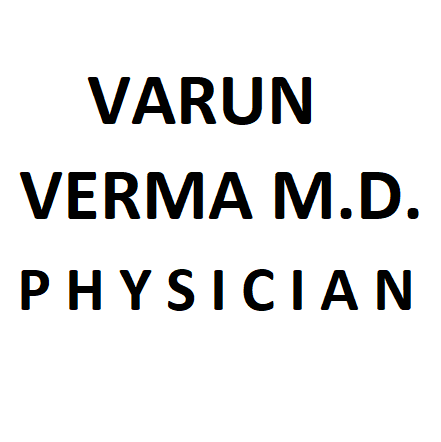Even though my own internship was a decade ago, I vividly remember the transition from student to resident. Residency was monumental in my path to becoming a physician. There were obvious changes: People now called me “doctor,” my misshapen short white coat was upgraded to a more comforting full length one, and I was often the first one paged to respond to patient problems. Coupled with the positive aspects though, I also faced some challenges. I struggled with depression, my relationship with my girlfriend was strained, and I felt overwhelmed as I contemplated switching specialties after my second year (from ophthalmology to internal medicine).
Despite the stress, I look back with fond recollection and a realization that the tremendous experiences and camaraderie can never again be replicated. As a resident, I was privileged to help take care of an underserved population in New York, trained under inspiring teachers and worked hard alongside talented co-residents (some of whom will undoubtedly be lifelong friends and one of whom I married).
This is my advice for thriving during your own residency odyssey:
1. Take care of yourself. This sounds obvious but not enough residents make this a priority. News headlines and blogs are exploding with discussions about physician burnout (and sadly also the prevalence of physician suicide). It’s imperative that we begin investing deliberate effort into physician wellness. My four cups of coffee per day, depression-fueled binging on cookies at midnight and suboptimal sleep did not make for good health. By the end of residency, I weighed nearly 15 pounds more than at the start. The simple fact is that if you don’t take care of yourself, then you won’t be able to effectively take care of your patients. Whatever challenges you face, you must seek help from loved ones, peers and professionals to actively manage them. Too many highly-functional intelligent people try to power through obstacles and then one day shatter because they refuse to tackle problems in the manner as they would advise their patients.
2. Be interested in others. This starts with your patients. Mrs. S is not just “some demented lady” in bed 3 with failure to thrive sent from the nursing home. Taking a few minutes to truly learn about the patient will help you maintain empathy and get you through the brutal paperwork, bureaucracy, and inefficiency that is omnipresent in health care. This attitude should also extend to your coworkers, nurses, techs and all the non-physician professionals that make health care possible. You’ll have to interact with these nice folks for at least a year (and maybe seven years if you become a neurosurgeon). Finally, learn their names and introduce yourself. As Dale Carnegie teaches “a person’s name is the sweetest sound to that person.”
3. Make time to learn. First, learn the rules of the institution where you are working. Millions have come before you through the gauntlet and dealt with the dog-eat-dog culture and rigid hierarchy prevalent in health care. After you’ve got your bearings — realize it takes time and effort to acquire knowledge. A brilliant critical care attending once barked at me “reading UpToDate is not the only reading you need to do.” I scoffed at the time because I was looking for a quick-fix, but, of course, he was right. Making a sincere consistent effort to learn despite your difficult day is a real challenge. You did well in medical school and on Step 1, 2 and 3?
Congratulations, but now that is behind you. Having a baseline knowledge is a prerequisite but not the endpoint. Remember that you’re not being judged by your performance on a multiple choice test anymore, real patient lives are on the line. The best residents I’ve seen have been reading board preparation materials as they go along during their training, rather than trying to cram in learning at the end. Malcolm Gladwell reminds us that 10,000 hours of “deliberate practice” are needed to become world-class in any field.
4. Don’t abandon your other passions. Repeat after me: I will have a life outside of being a physician. There are no guarantees in life and time only moves in one direction. I am telling you very frankly that physicians can become patients at any moment, and that the retirement at 55 that you’re aiming for is actually quite uncertain. During residency, I made it my mission to go overseas during every single vacation I had. I ate a lot of instant noodles to save up for these trips, but it was well worth it for me. I also made time to reunite with old friends at least once a month for dinner. Many people do make time for things they love, but there are a few that seem to never escape the pull of the hospital. These physicians seem to be at greater risk for burnout. Plus, neglecting the outside world doesn’t guarantee that you’ll be smarter or save more patients than if you step away to energize during your time off. I implore you to not abandon your other passions for your medical work.
5. Remember your oath. The Hippocratic Oath may have been conceived in ancient times, but it is still sacred and relevant. Every year the media is flooded by some inconceivable story of professionals doing bad things: scandals, billing fraud, unnecessary procedures, taking kickbacks … the list is endless. Strive hard to not to become one of these people. It’s bad for your career, it’s horrible for your family, and it is a complete waste of your talents and sacrifice.
I wish you well on your journey.
